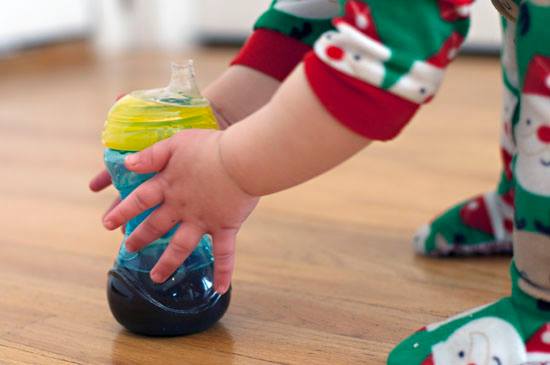Yesterday I was driving my six kids to a foster parent training class when one of my children said, “I want to see that Kung Fu Panda movie. The one where he finds his REAL dad.” I felt my stomach tighten and I locked eyes with my oldest child in the rearview mirror and I heard him mumble, “Oh boy” because he knew exactly what speech was coming and what questions the child who said “real dad” would have to answer. I know it’s just a movie and these are just pretend panda relationships, but in our family we have had to intentionally address these language issues. Because we are a family formed by foster care and adoption.
It’s important to me to be specific and intentional with my language when it comes to the relationships involved in foster care and adoption. In adoption we get to use words like adoptive parents, biological parents, birth parents and first parents to help someone understand our relationships. It can be hurtful and offensive when people ask about my child’s REAL mom. Both adoptive parents and biological parents are equally “real” so that word doesn’t do much to accurately express our role in this child’s life. And when people ask, “What do you know about his Dad?” I want to play dumb and say, “My husband?” when I know they’re looking for information on my child’s biological family. But in foster care things are a little bit different.
My foster kids didn’t have birthparents, they had parents. They didn’t have a “biological mother,” they just had a mother. When I talked about her to the foster child, I said, “Your mom loves you so much.” If someone asked me where my foster child was I would say, “She’s on a visit with her mom.” Mother was her legal role and she needed no qualifiers to define her identity in her child’s life.
But I did. I wasn’t that child’s mom. I couldn’t sign forms for her or make educational decisions or even do something as simple as cut her hair without permission from her parents. As much as I loved my foster children as though they were my own, I wasn’t their mom. They had a mom. I was their Foster Mom. As much as I sometimes hated all the assumptions that went with that label, I was the one who needed my relationship to be defined with an extra word.
Being a foster parent is a humbling job. Some people think you’re a saint and some people think you’re in it for “the money” (which is laughable if you know how much foster parents are actually compensated for being the 24/7 caregiver) or you’re overwhelmed and stressed or you’re trying to steal someone’s child when they’re at their most vulnerable. Some days it would be nice to dump the “foster parent” label, but it serves a purpose. It reminds us that we are likely temporary in this child’s life and our job is to help foster a relationship during the time we have them and then prepare them to return home.
I know for me, the times I was most likely to resist identifying my foster child’s parents as Mom and Dad were when I was insecure in my own role in this child’s life. I wanted to assert my role as Mother because I was scared or angry about how disconnected or unimportant or insulted I felt by interactions with the child or their parents. I wanted to reduce these parents to their genetic contribution or create a level of linguistic distance between the child and their family. When I felt confident in my role as foster mom and was able to have empathy towards this child’s parents, it was easier for me to call them Mom and Dad. I have learned I don’t have to be the only Mom in a child’s life in order to have meaning. I don’t have to be called “Mommy” before I can love a child or put their needs above my own. I’m not going to jockey for position in a way that demeans someone who already struggles with feelings of inadequacy and shame about their choices. I can work to give the words “Foster Mom” the unique beauty and sweetness they deserve. As a foster mom, my role isn’t one of ownership of this child, but of service to this family.
Having multiple people that are functioning in a parenting role doesn’t have to be confusing. Being loved in unique ways by people who care so deeply about you (parents and foster parents) is an important part of the healing process for these children. They are capable of receiving affection from Mom and Foster Mom without having to put labels on each kind of love. And there are moments where no matter what label you try to teach, the children will make their own decision. I have been called “Mama” by a foster child just learning his first word and I didn’t bother to engage in a losing battle to make him add the “foster” to the front. He knew who I was in his life and he knew when he called me, I came. But I knew the bittersweet feelings I felt at hearing the name that belonged to another directed at me. I knew what she was missing out on by not getting to be around for those precious first moments. My heart broke for his mama.
Foster kids don’t have birthparents. They have parents and they have foster parents. The more we can be affirming of that reality in their lives both in our language and in how we treat the families involved, the more we will build trust and relationships– relationships that allow us the opportunity to love these kids long after our days as their foster families have ended.
(This article was original published at Her View From Home.)

